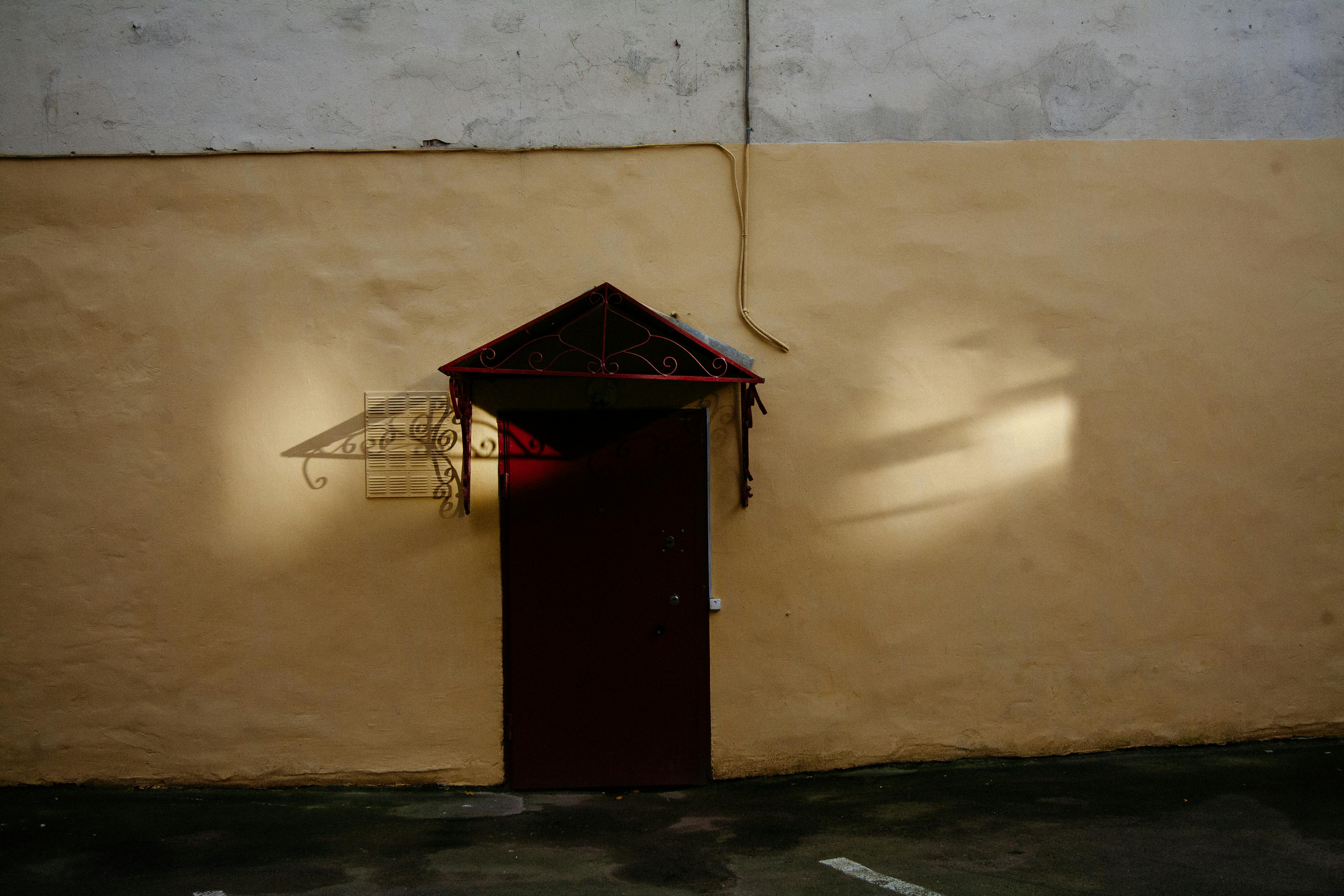After Foreclosure, What’s Next?
Few things in life are more difficult than dealing with the foreclosure process. Neither party wants to have to participate in foreclosure, but lenders have to protect their investment in whatever way they can, so it is sometimes unavoidable if the mortgage is not paid in the agreed manner.
So what comes after foreclosure? There are several different outcomes to the process, some of which are surprisingly positive considering the circumstances. This guide will give you a rough idea of what to expect.
Pay the foreclosure note
In the best case, the homeowner will be able to pay off the foreclosure note before the process moves forward. This is the ideal solution for both parties, as it allows the homeowner to keep the house and at the same time satisfies the lender as to whether they believe the mortgage will pay off correctly.
Be careful about paying off this debt through options like bank loans or other credit services. Homeowners can end up with a loan that is even harder to pay off as a result of the steps they take to cancel the foreclosure note.
Selling the house
If it is simply not feasible for you to pay the debt, the option to sell the house always remains. This can be done by the seller or the bank, in case they take possession of the property.
This is a tricky option, as there is a lot to consider before making the sale yourself. If the owner still owes more on the mortgage than he has paid, he will remain liable for that debt unless he can convince the mortgage lender to accept a lower payment.
Also, if the sale of the home does not satisfy the debt for some other reason, the bank will continue to pursue the former owner for the rest of the money, and the remaining debt will continue to earn interest in many cases.
In the case of auctioning the house, the bank will take control of the property and seek to sell it to the highest bidder. Then they will get all the deeds and everything else related to the house. In some cases, it may be possible to allow someone to buy the property and rent it to you, but this is generally based on personal negotiation and the ability to show that you could pay the rent on time.
Bankruptcy
Bankruptcy is the nastiest option on the list, but it can be used when the foreclosure process has started. By filing for bankruptcy, you can stop a foreclosure for months, which can give you time to save enough money to pay off the debt and keep your home.
Be aware that filing for bankruptcy can have devastating effects on your personal and business life. It will be very difficult to get another loan and there is no guarantee that you can save the property. This should be a last resort and even then it may be wiser to consider selling the home.
